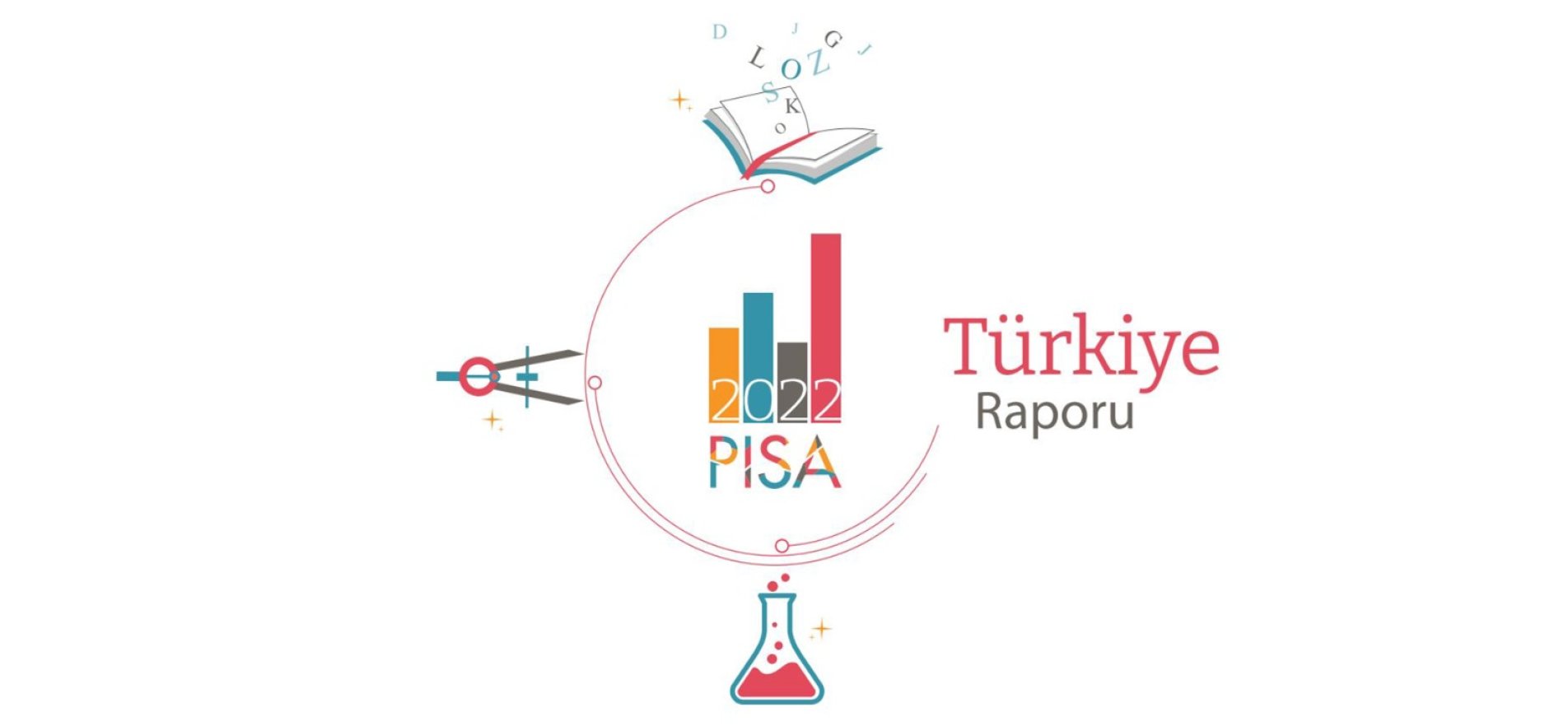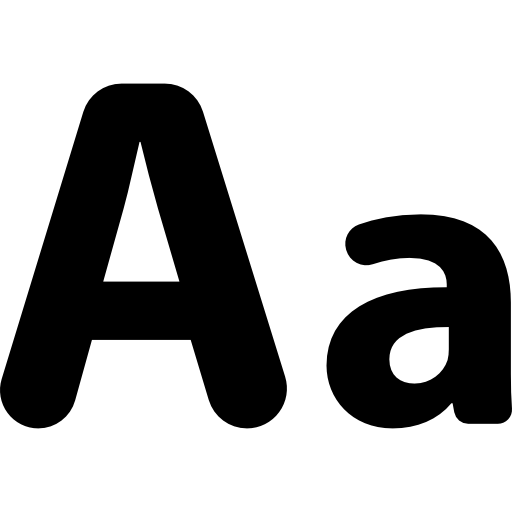The Director General of Assessment, Evaluation and Examination Services Kemal Bülbül stated that according to the results of the Programme for International Student Assessment (PISA) 2022, Türkiye has made rapid progress, especially in the field of mathematics and science. Adding that despite the low average in the field of reading, the difference between countries has been reduced, Bülbül said that the improvement Works on in this field continues.
Explaining that PISA evaluates the knowledge and skills of 15-year-old students in mathematics, reading and science, Bülbül said that the PISA 2022 results have been announced at the same time as the whole world as of today.
Underlining that Türkiye is a developing country in the twenty-year period, Bülbül emphasized that only Makoa (China) and Türkiye have shown rapid progress, especially in the field of mathematics and science. Regarding the field of science, Bülbül said that China, Peru, Singapore and Türkiye are rapidly rising countries, whereas there is a downward trend in reading skills in all countries, especially OECD since 2012. Bülbül added that the progress Türkiye has made in this field remained stable.
Stating that the OECD report emphasized that Türkiye was one of the few countries that showed improvement in PISA in most areas for more than a decade, Bülbül said that Turkiye's success in mathematics and science shows the benefits of their work.
"We increased the awareness towards PISA"
Stating that he served as Türkiye PISA coordinator between 2014-2019, Bülbül noted that the same team has carried out the 2015-2018-2022 PISA survey.
Expressing that they have increased the awareness towards PISA, Bülbül pointed out that
Türkiye's results were low in 2015, like the rest of the World.
Underlining that developments such as the implementation of the FATİH project, widespread access to digital content via EBA and easier access to these platforms for disadvantaged students ensured this progress, Bülbül stated that IYEP (Training Program in Primary Schools) also contributed to this progress. Informing that the education monitoring project added to the investment program for the first time in 2016, Bülbül said that the 5th grade students for whom they conducted monitoring research in 2017 constituted 96 percent of the students participating in 2022 PISA.
Stating that they made innovations in the curriculum and textbooks with the data they obtained within the scope of the Monitoring and Evaluation of Academic Skills (ABİDE) Project, Bülbül emphasized that they continue to take innovative steps in education.
"We obtained the same score as Norway in the field of science literacy"
Bülbül explained that with the enrichment of EBA content in science education, students began to use visual tools in terms of teaching methods.
Stating that they have the same score as Norway in the field of science literacy, Bülbül underlined that Finland, which is generally shown as the most successful country in PISA results, ranked 20th, but that Finland's population structure is different from Türkiye. Bülbül stated that according to the OECD report, according to the comparison made with the USA, Mexico, Brazil, Indonesia and the Philippines, which are similar to Türkiye in this regard and have the highest number of students, Türkiye ranked second after the USA in all three areas.
"We have taken various measures to improve reading skills"
Bülbül stated that the decline in reading skills continues in all countries due to the increase in digitalization in education, the change of question formats and the changes brought by the digital age. "The results in our country are also in this direction. Although Türkiye shows a low average in this field, there is a consistency in Türkiye's result which reduces the gap among the other countries.
Reminding that they started a series of studies to show the desired development in the field of reading skills, Bülbül said that many innovations were made in legislation at the beginning of the school year.
Stating that the Assessment and Evaluation Regulation of the Ministry of National Education has been published, Bülbül mentioned innovations such as using open-ended questions in exams, measuring speaking and listening skills, and increasing the passing grade for Turkish to 70. Noting that special measurement tools will be used for the effective and beautiful use of Turkish in primary schools Bülbül announced that it was decided to conduct Turkish language exam monitoring research, which is also indicated in the regulation, in four skills for the development of Turkish with wider participation.





























